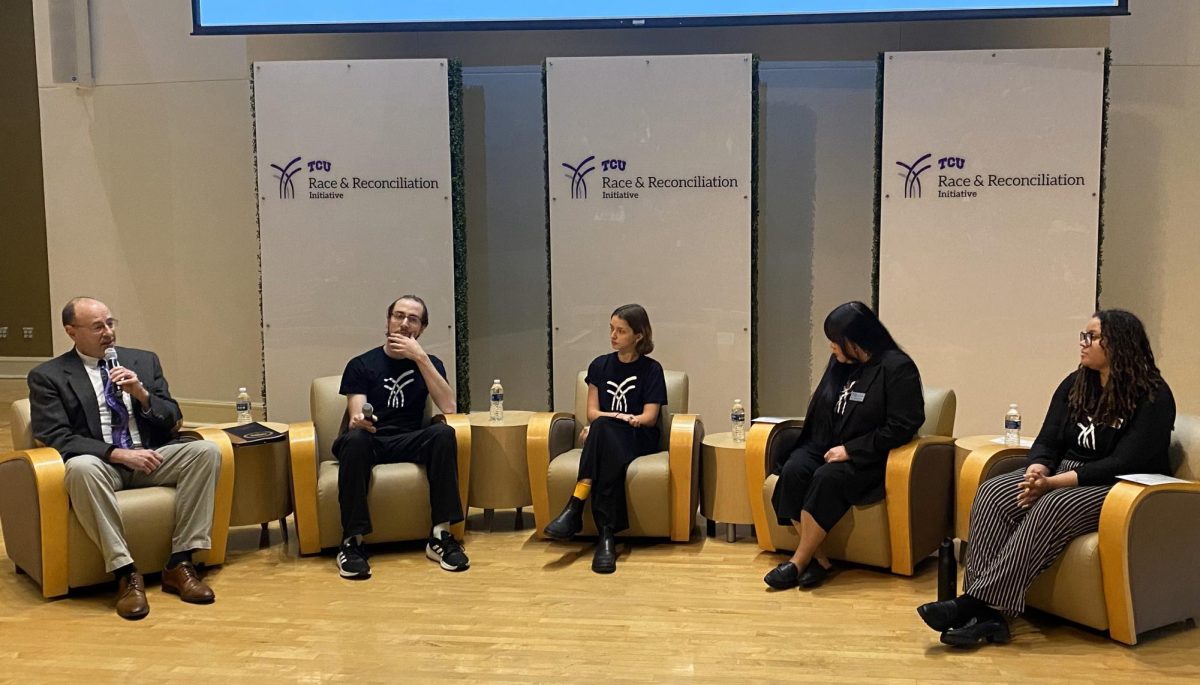Last Friday, the North Carolina State Board of Community Colleges voted to change the system’s open-door admission policy, which would allow 58 colleges to refuse to admit prospective students who may present a significant threat.
The vote came almost two weeks after Jared Loughner allegedly killed six people and wounded 13 others in Tucson, Ariz. Loughner himself was expelled from his community college after reportedly displaying erratic behavior in class and shooting a video of himself in which he called the campus “my genocide school.”
The motivation behind the board’s decision came not from the Arizona shooting, but from the Virginia Tech shooting in 2007. In that incident, a student with a history of mental illness killed 32 others and then himself. It was the deadliest school shooting in U.S. history and brought awareness to the lack of attention the mentally ill receive in being diagnosed and treated. It also made campuses and boards across the country like the one in North Carolina cognizant of the threat the mentally ill can pose and the necessity of colleges to use discretion when admitting candidates to protect the safety of other students.
Although the Virginia Tech shooting initiated the change, which had been in the works since last year, both incidents illustrate why colleges should not only be allowed to use discretion when admitting applicants, but also refer those not admitted under the measure to a psychiatrist or other professional. The Virginia Tech incident likely would have been avoided if there was a similar measure in place to the one proposed in North Carolina, and the Arizona shooting also would have likely been prevented if the community college that expelled Loughner had helped him seek treatment.
The vote received some opposition, primarily from the American Civil Liberties Union of North Carolina.
“It’s very broad and very vague,” said Sarah Preston, policy director for the state chapter of the ACLU. “You could have 58 different interpretations of the policy.”
Indeed, the policy does not clearly define when a student should or shouldn’t be admitted. But that is the point: It leaves it up to the college to decide which students should not attend based on their medical history. Students are then allowed to appeal if they feel the denial was an error. This allows for flexibility on the part of the college while also giving students the chance to be treated fairly.
Ultimately, the board’s move is a good one, and the same discretion should be permitted at both public universities, like Virginia Tech, and private universities that are not subject to many of the rules public colleges and universities are in the first place. But to adequately ensure safe campuses, they should go a step further and train professors to better recognize students in distress and get them treatment. These precautions might have helped Jared Loughner and Virginia Tech shooter Seung-Hui Cho.
Jack Enright is a sophomore political science and economics double major from Tomball.




